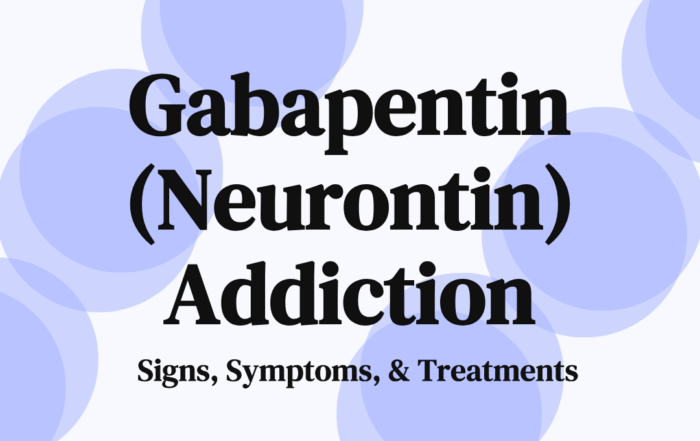
Gabapentin (Neurontin) Addiction: Signs, Symptoms, & Treatments
Gabapentin is an established pharmaceutical used to treat seizures and pain. Gabapentin is safe and well-tolerated when used as prescribed.
May 5, 2023Dr. Lisa A. Cottone is a biopsychologist with a dual specialty in sleep and addiction. She received her doctorate in 2003 from Stony Brook University and then joined the Neuropsychoimaging group in the Medical Department of Brookhaven National Laboratory for post-doctoral research.
She is the author of several peer-reviewed research publications — including articles on brain activity during sleep and the neurobiological underpinnings of addiction. Dr. Cottone has expertise in research tools, including EEG, fMRI, and neuropsychological testing, and has taught courses in statistics for psychology, research methods, sleep and biorhythms, biopsychology, construction of personal identity, and origins of human nature.
Dr. Cottone is skilled at explaining complex neurobiological and psychological research findings in accessible terms for the general public to understand and benefit from. She has designed and created online educational material on several academic and clinical mental health topics ranging from depression and anxiety to spirituality and philosophy.
Lisa Cottone, PhD, has contributed her expertise not only to ChoosingTherapy.com but also to other publications. She conducted her doctoral research project on the cognitive processing of auditory stimuli during sleep and wakefulness, employing an event-related potential approach at Stony Brook University. Additionally, she co-authored a publication on the role of the orbitofrontal cortex in drug addiction alongside Goldstein, Alia-Klein, and Volkow in 2006.
American Academy of Sleep Medicine
Post-Doctoral Research Fellow – Brookhaven National Labratory
Ph.D., Biopsychology – Stony Brook University
B.S., Psychology – Fordham University
Dr. Lisa A. Cottone is revolutionizing lives through her insightful investigations into sleep, addiction, and mental well-being, while also spearheading advancements in our comprehension of sleep and its relationship with addiction.
Dr. Lisa A. Cottone employs various therapeutic methods in her practice, including:
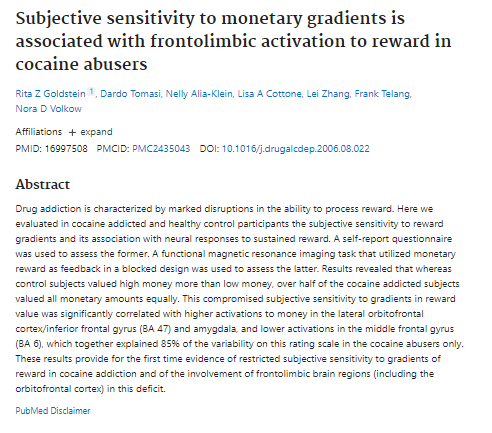
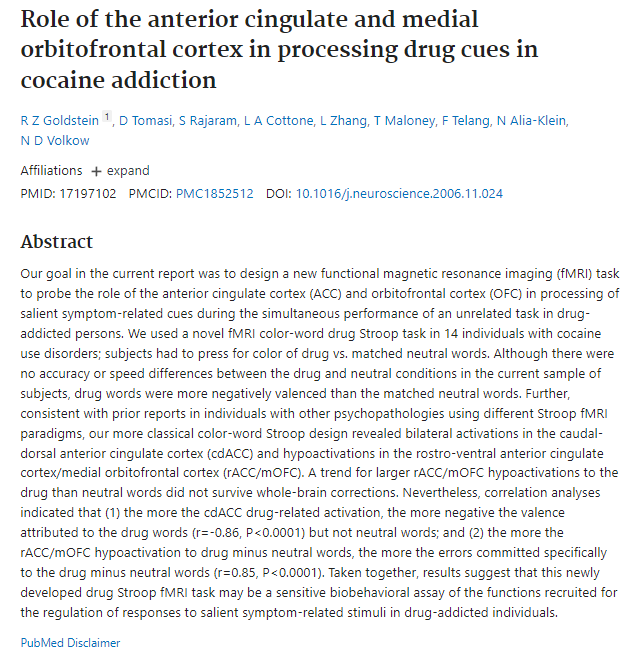
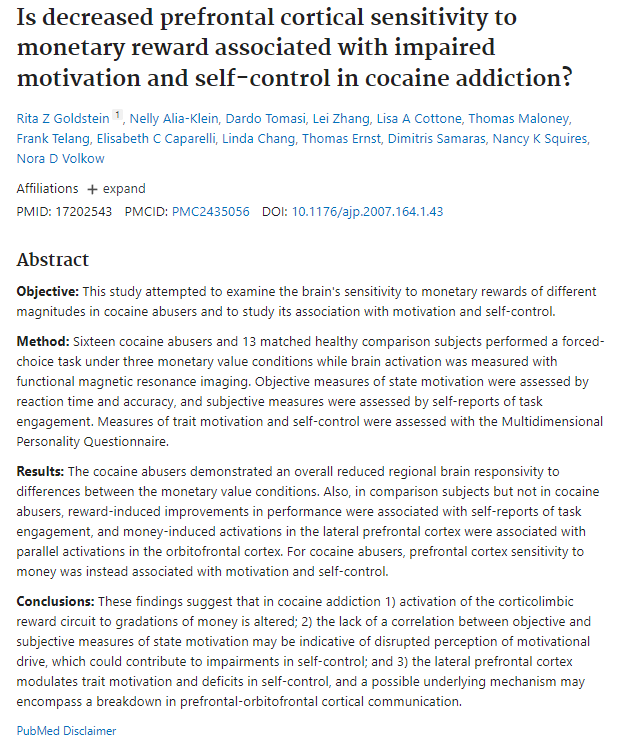



Gabapentin (Neurontin) Addiction: Signs, Symptoms, & Treatments
Gabapentin is an established pharmaceutical used to treat seizures and pain. Gabapentin is safe and well-tolerated when used as prescribed.
May 5, 2023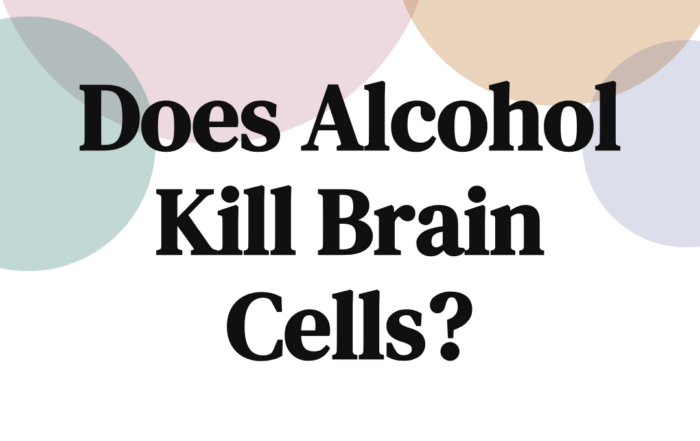
Does Alcohol Kill Brain Cells?
While it’s unlikely that light or infrequent alcohol use will kill brain cells, frequent moderate-to-heavy use can.
May 5, 2023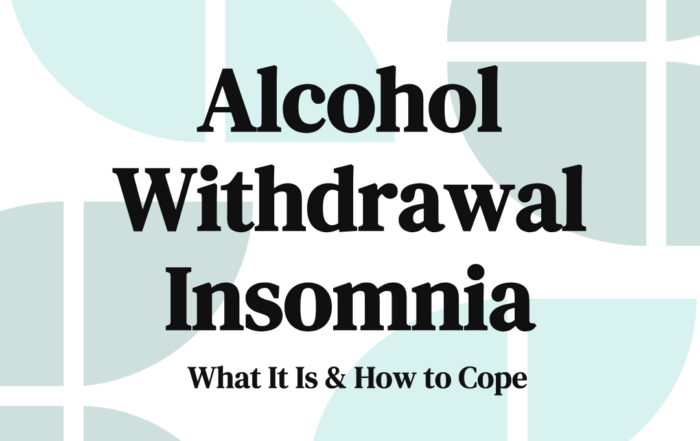
Alcohol Withdrawal Insomnia: What It Is & How to Cope
Alcohol withdrawal insomnia is a difficulty falling or staying sleep as a result of quitting or reducing alcohol consumption.
May 5, 2023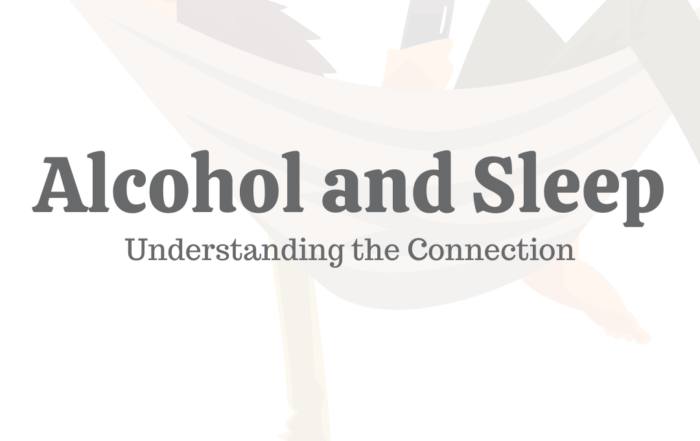
Alcohol & Sleep: Impacts & How to Cope
Alcohol and sleep are frequently associated together, as alcohol is often used as an aid for sleep and relaxation. However, even in moderate amounts, alcohol can disrupt sleep and exacerbate several medical conditions. With moderate to high use, alcohol interferes with normal sleep patterns and may contribute to a vicious cycle of unhealthy habits, increasing alcohol consumption and sleep disturbances.
May 5, 2023

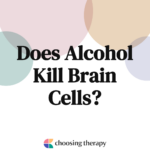

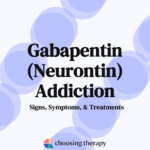


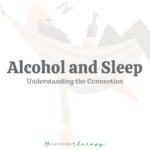
© 2023 Choosing Therapy, Inc. All rights reserved.